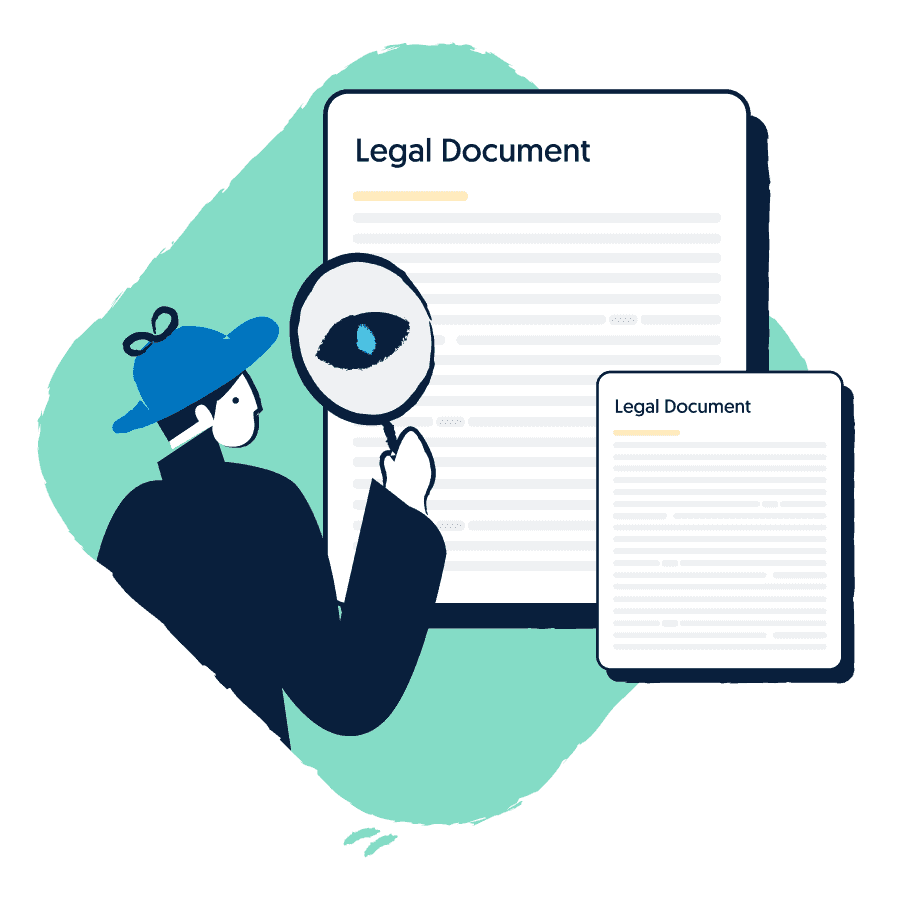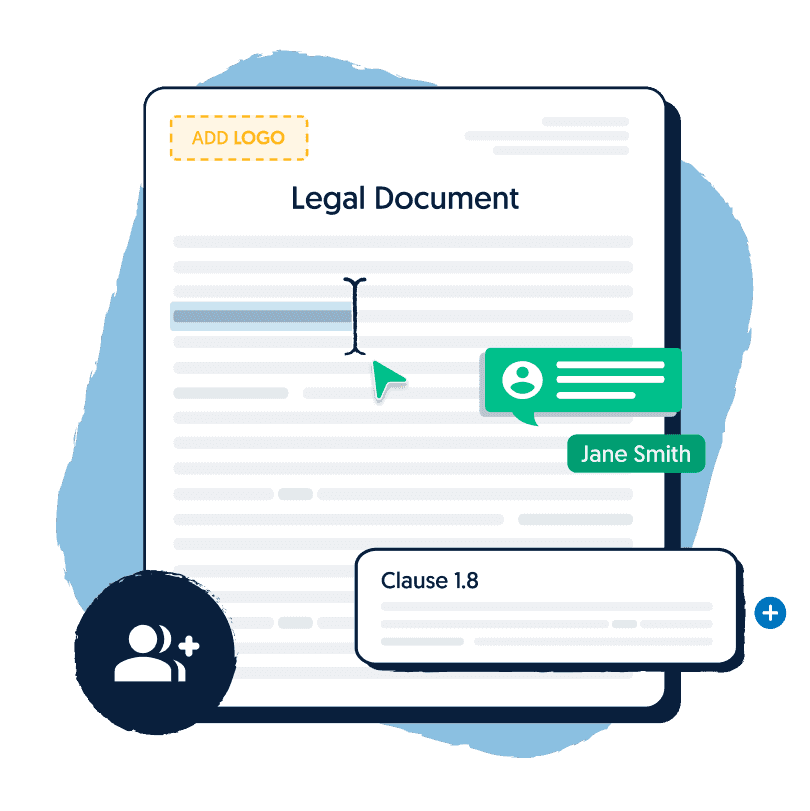
How to Change from Sole Trader to Company
Change from sole trader to company in Australia in a few easy steps. Here’s your detailed guide on ABN, ACN, assets, and more.
Take control of your time. Get access to legally-verified legal documents quickly.

A Non-Disclosure Agreement (Mutual) allows you and another party to share confidential information while legally forbidding either party from disclosing that information to any other person or entity.
Is a legal document that you can use to disclose confidential information to another party, while legally forbidding the recipient from disclosing that information to any person or entity.
A legal document that you can use to disclose confidential information to another party, while protecting either party from distributing that information to any other person or entity.
Allows you and another party to share confidential information while legally forbidding the other party from disclosing that information to any other person or entity.
NDAs are typically used in a variety of business scenarios, including but not limited to
NDAs typically include the following key elements:
The definition of confidential information, which may include trade secrets, proprietary information, and other sensitive business data.
The term of the agreement, which sets the length of time during which the recipient is required to keep the information confidential.
The restrictions on the use and disclosure of confidential information, including the specific purposes for which the information can be used and any restrictions on the dissemination of the information to others.
The obligations of the recipient of the confidential information, including their duty to maintain the confidentiality of the information and to take appropriate measures to protect it from unauthorised disclosure.
The remedies available to the disclosing party in the event of a breach of the NDA, including the right to seek injunctive relief, monetary damages, and other remedies.
There are two main types of NDAs for businesses: mutual and one-way.
Mutual NDAs are agreements between two parties, in which both parties agree to keep each other’s confidential information confidential. This type of NDA is often used in the context of negotiations between two companies or in the due diligence process when a potential buyer is evaluating a business for acquisition.
One-way NDAs are agreements between a disclosing party and a recipient, in which only the recipient is obligated to keep the confidential information confidential. This type of NDA is often used in situations where one party is disclosing confidential information to another party for a specific purpose, such as when working with contractors or consultants.
Set up a free account
Search and find the document you need from our list
Follow the prompts and fill in all the relevant details
View and share your ready to use legal document


Change from sole trader to company in Australia in a few easy steps. Here’s your detailed guide on ABN, ACN, assets, and more.

Are you looking to cancel your Australian Business Number (ABN)? Read this guide to find out how to do it and what this means for you.

Want to protect your invention? Read about the type of inventions that can be patented and how you can legally protect your idea.



Sign up to a free Lawpath account!
Our experienced lawyers are here to help.

Solutions

Copyright Lawpath Operations Pty Ltd ABN 74 163 055 954. Lawpath is an online legal service that makes it faster and easier for businesses to access legal solutions solely based on their own preferences. Information, documents and any other material featured on the Lawpath website, blog or platform is general in nature. You should always seek advice from a qualified professional to check if Lawpath's materials or services meet your particular circumstances. You can access in-house and 3rd party qualified professionals through certain products sold by Lawpath. Use of Lawpath and lawpath.com.au is subject to our Terms and Conditions and Privacy Policy.
Lawpath Operations Pty Ltd (ACN 163 055 954) ("Lawpath") is a corporate Authorised Representative (number 1316602) of Amplus Global Pty Ltd (ACN 162 631 325), the holder of Australian Financial Services Licence number 505929. Any financial product advice provided in this website is general in nature. Content on this website does not take into account the objectives, financial situation or needs of any person, and as such, you should consider the appropriateness of the advice having regard to your own objectives, financial situation and needs. Where necessary, you should obtain a Product Disclosure Statement relating to the product and consider it before making any decision about whether to acquire the product. Lawpath believes the information contained in this website is correct. All information, opinions, conclusions, estimates or recommendations provided are included with due care to its accuracy; however, no representation or warranty is made as to their accuracy, completeness, or reliability.